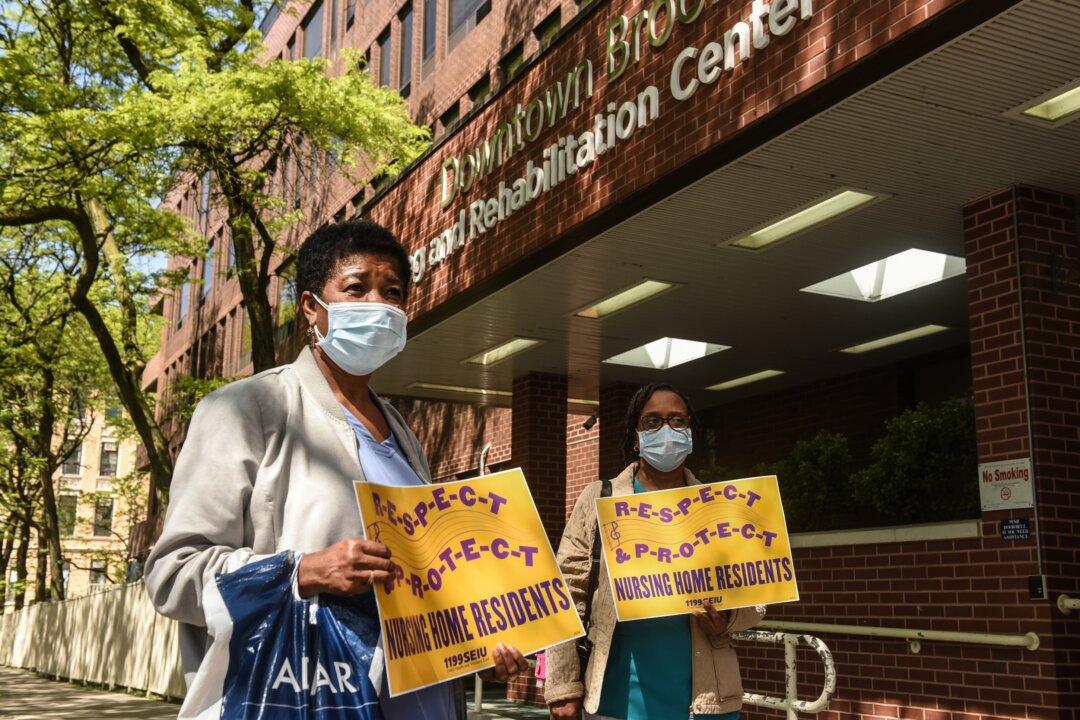Republican lawmakers on the House Select Subcommittee on the Coronavirus Crisis sent letters on June 15 to the governors of five states that mandated that nursing homes take in COVID-19 patients despite federal pandemic guidance to the contrary.
The letters, signed by five Republicans on the CCP virus committee, were sent to the governors of New York, Michigan, California, New Jersey, and Pennsylvania. The letter demands records on the number of COVID-19 cases and deaths at nursing homes, executive pandemic orders and directives on nursing homes, and other relevant documents and communications.





